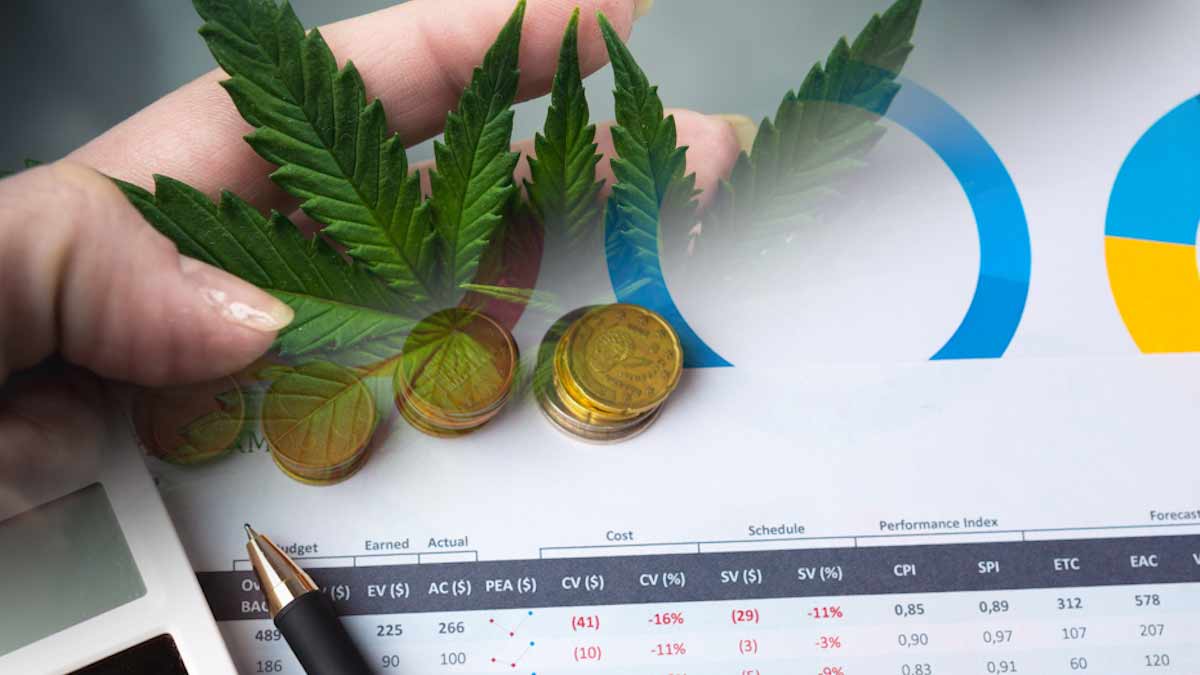For over 12,000 years, hemp has been used as a crop in many civilizations around the globe. Hemp was one of the first crops to ever be spun into fiber. It has an amazing amount of functionalities; from paper to food to clothing. Hemp is also environmentally friendlier than wheat and cotton. Beginning in the late 1600s, hemp was a vital cash crop in the United States. George Washington farmed hemp to produce rope and canvas.
Hemp seed has a THC level below 0.3 percent which is not enough to get anyone high. The U.S. banned industrial hemp production in the beginning of the 20th century. This followed federal laws that passed banning all kinds of marijuana. Even though hemp had a rocky history and has an uncertain future; it has the potential to generate growth in the US economy and create jobs for American farmers.
Hemp farming was originally banned in the Marijuana Tax Act of 1937. This law enforced a tax on the sale of all forms of marijuana; therefore, it became economically impossible to produce. As a result the hemp industry faded away. Hemp was grouped with marijuana again in the Controlled Substances Act of 1970; this time declaring it a Schedule I drug despite the fact it is not potent enough to make anyone high. Even though it became legal to import fully manufactured hemp in 1998, it was still illegal for hemp to be cultivated at all on US soil. Later the 2014 Farm Bill included an amendment permitting research on industrial hemp production by states that passed legislation to legalize hemp farming.
Because of this new law, universities, agriculture departments and licensed farmers in 20 states were able to begin pilot programs and conduct research. Scientists are watched closely by the government and DEA to make sure that the hemp grown has THC levels that are in compliance with federal standards. Despite this, the DEA still does not allow licensed researchers to import hemp seed. Therefore, it could be months before they can put the seed in the ground and start their research.
The hemp industry has still managed to achieve success despite all the obstacles it has faced. Hemp products in the U.S. are valued at $581 million and these numbers continue to grow. Because of its economic potential, there is widespread bipartisan agreement that hemp farming could net large gains for the agricultural and manufacturing industries in the U.S. Hemp has many functions. It is able to be used in a wide array of products manufactured or sold in the U.S. such as: natural soaps, clothing and even cars. It is also a good source of fiber and is found in brands such as: Hempzels, Living Harvest and Nutiva. None of these manufacturers buy their hemp domestically because it is not available. Manufacturers and American farmers would both benefit if it were available domestically and it would probably be cheaper than importing it.
More companies might consider using hemp in their products if locally sourced hemp was available. Since legalizing the commercial production of industrial hemp in 1998, Canada has seen an increase in small businesses finding new ways to use and market hemp products – and most of these businesses have experienced growth. Food products especially have high potential in the US market: Manitoba Harvest, a Canadian hemp-based food company, reported 500 percent growth in sales over the past five years with about half of the sales coming from US consumers.
The legalization of industrial hemp could also seriously help American farmers: hemp seed is valued at anywhere from $477 – $900 per acre, compared to wheat, which is valued at $485 per acre. Support for this issue by organizations of local farmers has lead to bipartisan support in Congress: Senate Republicans Mitch McConnell and Rand Paul represent two of industrial hemp’s biggest supporters, largely because they believe in this industry’s potential to create jobs for their constituents in Kentucky, where the soil and landscape is a good fit for the crop. Paul argues that the new industry could help replace unproductive land that was previously used for tobacco farming and coal mining.
MAPH Enterprises, LLC | (305) 414-0128 | 1501 Venera Ave, Coral Gables, FL 33146 | new@marijuanastocks.com










